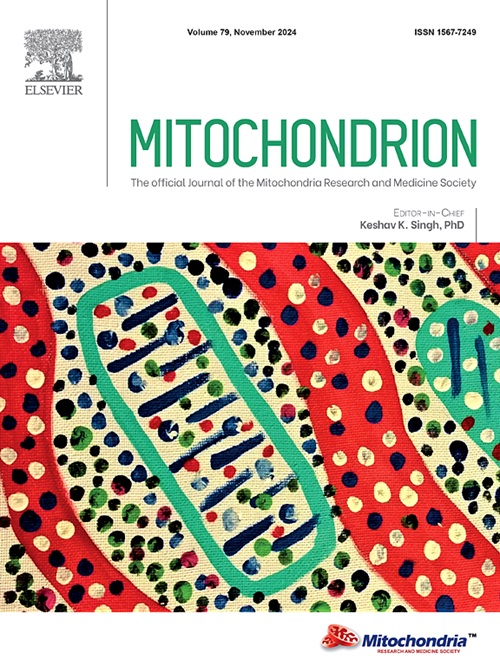Autologous mitochondrial transplantation enhances the bioenergetics of auditory cells and mitigates cell loss induced by H2O2
IF 4.5
3区 生物学
Q2 CELL BIOLOGY
引用次数: 0
Abstract
Hearing loss is a widespread and disabling condition with no current cure, underscoring the urgent need for new therapeutic approaches for treatment and prevention. A recent mitochondrial therapy approach by introducing exogenous mitochondria to the cells has shown promising results in mitigating mitochondria-related disorders. Despite the essential role of mitochondria in hearing, this novel strategy has not yet been tested for the treatment of hearing loss. More importantly, whether cochlear cells take up exogenous mitochondria and its consequence on cell bioenergetics has never been tested before. Here, we showed that exogenous mitochondria from HEI-OC1 auditory cells internalize into a new set of HEI-OC1 cells through co-incubation in a dose-dependent manner without inducing toxicity. We observed that auditory cells that received exogenous mitochondria exhibited increased bioenergetics compared to the controls that received none. Furthermore, we found that mitochondrial transplantation protects cells from oxidative stress and H2O2-induced apoptosis, while partially restoring bioenergetics diminished by H2O2 exposure. These findings support initial evidence for the feasibility and potential advantages of mitochondrial therapy in auditory cells. If successful in animal models and ultimately in humans, this novel therapy offers prominent potential for the treatment of sensorineural hearing loss.
自体线粒体移植可增强听觉细胞的生物能量学,减轻H2O2诱导的细胞损失
听力损失是一种广泛存在的致残性疾病,目前尚无治愈方法,因此迫切需要新的治疗和预防方法。最近一种通过向细胞中引入外源线粒体的线粒体治疗方法在减轻线粒体相关疾病方面显示出有希望的结果。尽管线粒体在听力中起着至关重要的作用,但这种新策略尚未被用于治疗听力损失。更重要的是,耳蜗细胞是否摄取外源性线粒体及其对细胞生物能量学的影响从未被测试过。在这里,我们发现来自HEI-OC1听觉细胞的外源线粒体通过共孵育以剂量依赖的方式内化到一组新的HEI-OC1细胞中,而不诱导毒性。我们观察到,与未接受外源性线粒体的对照组相比,接受外源性线粒体的听觉细胞表现出更高的生物能量学。此外,我们发现线粒体移植保护细胞免受氧化应激和H2O2诱导的细胞凋亡,同时部分恢复H2O2暴露减少的生物能量。这些发现支持了线粒体治疗听觉细胞的可行性和潜在优势的初步证据。如果在动物模型和最终在人类中成功,这种新疗法为治疗感音神经性听力损失提供了突出的潜力。
本文章由计算机程序翻译,如有差异,请以英文原文为准。
求助全文
约1分钟内获得全文
求助全文
来源期刊

Mitochondrion
生物-细胞生物学
CiteScore
9.40
自引率
4.50%
发文量
86
审稿时长
13.6 weeks
期刊介绍:
Mitochondrion is a definitive, high profile, peer-reviewed international research journal. The scope of Mitochondrion is broad, reporting on basic science of mitochondria from all organisms and from basic research to pathology and clinical aspects of mitochondrial diseases. The journal welcomes original contributions from investigators working in diverse sub-disciplines such as evolution, biophysics, biochemistry, molecular and cell biology, genetics, pharmacology, toxicology, forensic science, programmed cell death, aging, cancer and clinical features of mitochondrial diseases.
 求助内容:
求助内容: 应助结果提醒方式:
应助结果提醒方式:


